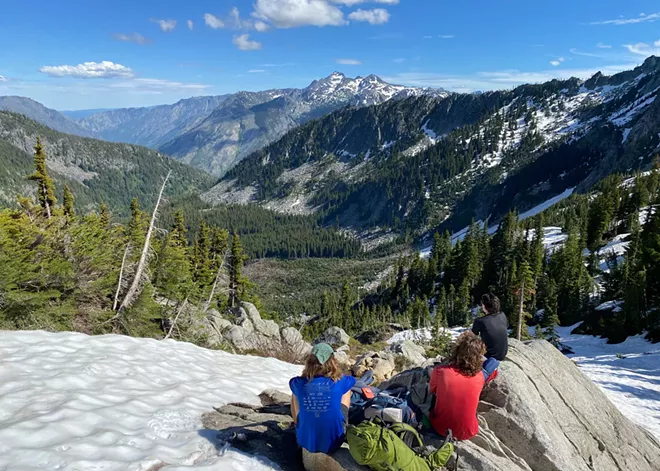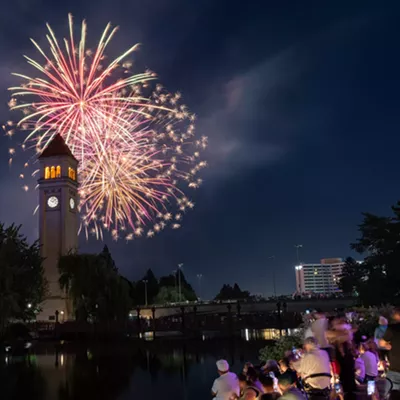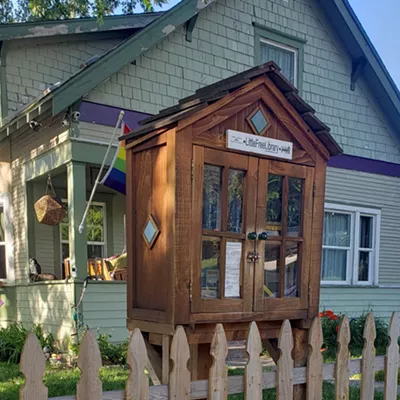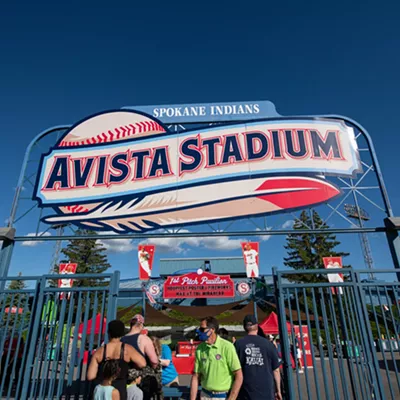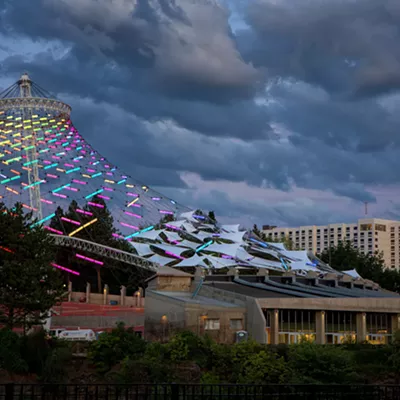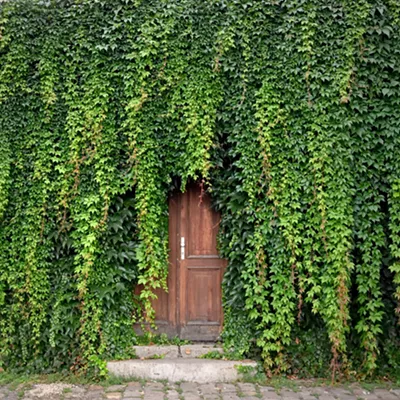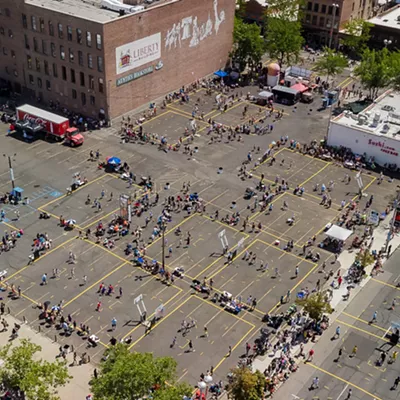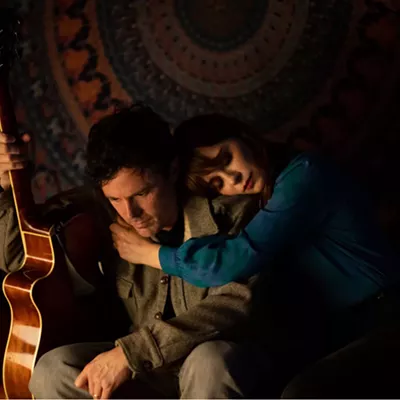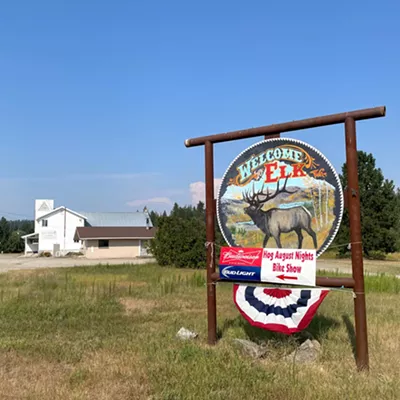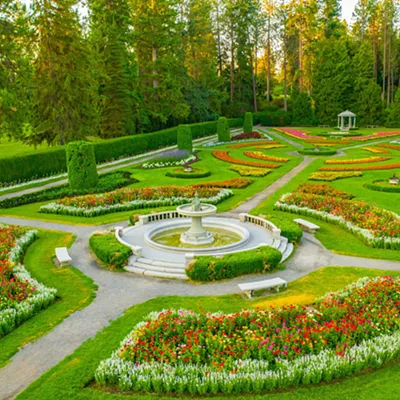I've always seen summer as a time of destruction and rebirth.
New jobs. New partners and friends. Weddings. Travel. It's during these months that the rate of people entering and exiting your life tends to reach its peak. Leases expire. People move. Even if you aren't in school anymore, you're still bound by its rhythms. It's a time of personal change. All of this is healthy. But it can also be painful — like watching the grass turn yellow in August.
That's why, at least once per summer, I try to make it a point to return to the one place that can never be destroyed, and will never be rebuilt: the Cascade Mountains.
For almost seven years now, a group of eight friends from high school and I have tried to organize at least one summer backpacking trip in the alpine wilderness. We did the first overnight trip in junior year of high school, and it somehow became an annual tradition that — knock on wood — has mostly survived adulthood.
It's intoxicating, being so high in the mountains with no sign of civilization. It's also, somewhat distressingly, the only time each year when I go more than 24 hours without looking at my phone.
The trips get harder to plan each year. Many of us moved across the country. People have jobs, partners and separate lives. In recent years, we've used a shared Google spreadsheet to coordinate everyones' availability — a necessity my high school self probably would have found kind of lame.
The trip I most vividly remember was in August 2020, the height of the pandemic and the protests. Nothing was certain. The air was thick with wildfire smoke. It felt like everything was being destroyed and nothing would ever be reborn again.
In the midst of it all, with the world on fire, we set out for Cooney Lake, a 17-mile alpine hike with nearly 3,000 feet in elevation gain in the Lake-Chelan-Sawtooth Wilderness. It's a two-day hike, but because of work schedules, some people could only do one day. Four of us set out from one end of the loop, with plans to rendezvous with the rest of the group at the halfway point on the second day. Without phones, I worried we'd miss each other.
On the first day, we crossed deep ravines and fields of wildfire-scorched trees. We camped in a field of wildflowers under the brightest stars you've ever seen. It felt we'd left the world behind.
On the morning of the second day, we climbed to the top of a steep snowy mountain. We stopped at the top of the peak, out of breath and exhausted, and looked down at the lake where we were to meet the rest of our group. We waited an hour. The lake seemed empty, and I worried we missed them. But then, as the afternoon sun began to dip, four small specks grew visible in the distance — friends!
We sprinted down the mountain — shouting greetings and swear words that echoed through the valley. The specks in the distance became people, and we hugged at the edge of the lake, sweat and all. For a brief moment, life felt the same as it ever was. ♦

